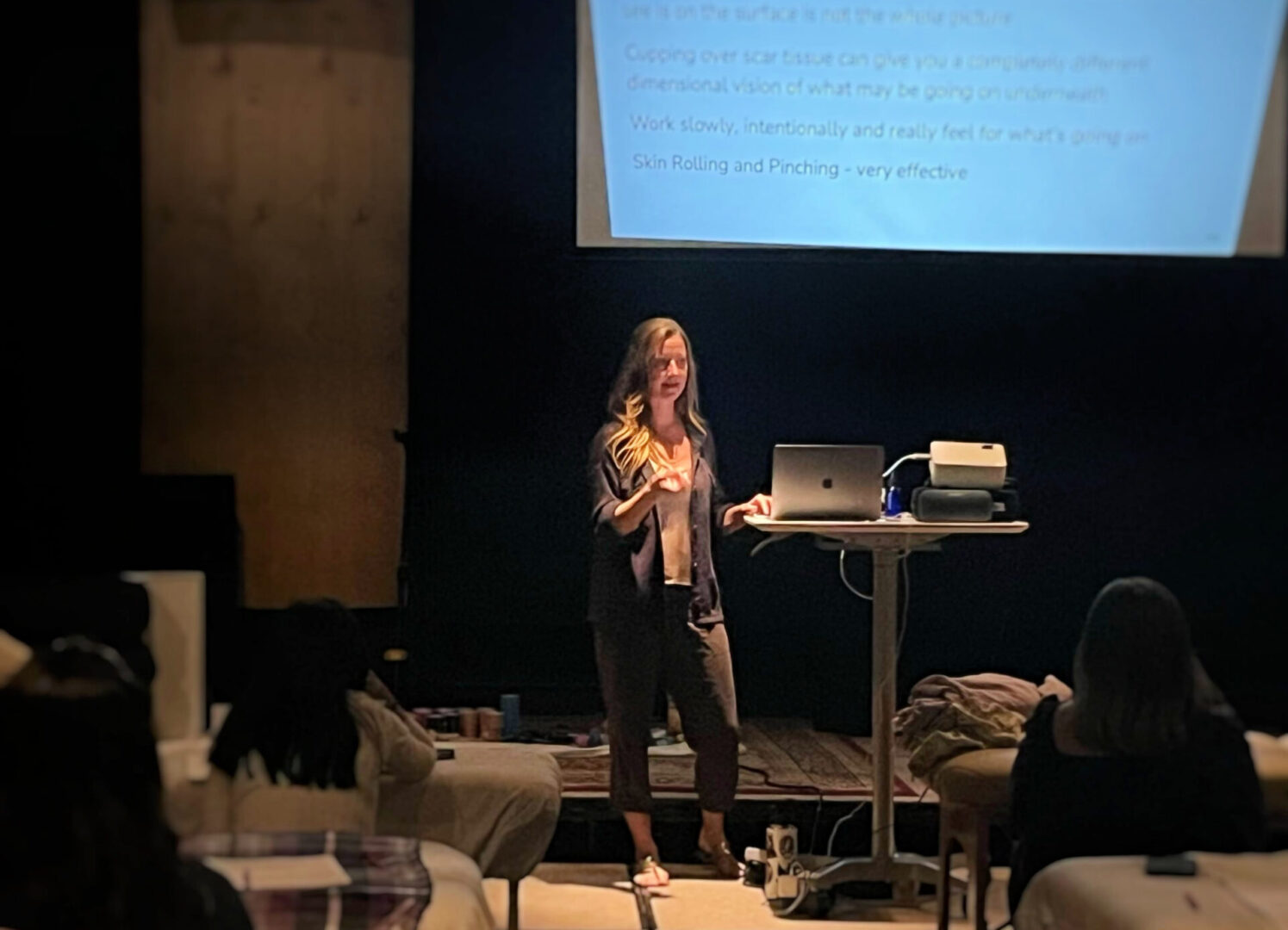The Heart and Soul Behind Manual Lymphatic Drainage
For years now, I’ve dedicated my days, nights, weekends, and holidays to building a business that helps thousands of people. I’ve given my time, my energy, and honestly, a big part of my soul to creating something meaningful — something that changes lives. Is it worth it? Absolutely. Without question — most days.
I do this because I have a deep-rooted understanding that Manual Lymphatic Drainage (MLD) can do incredible things for people’s health and well-being. For some, it’s a vital part of their care plan — something they rely on to manage conditions and feel their best. For others, it’s an enjoyable way to boost their body’s natural immunity and feel more vibrant.
A Fear That Won’t Go Away
But there’s something that’s been gnawing at me for a while now — a fear that keeps me pushing forward even on the hardest days. My biggest worry is that one day, Manual Lymphatic Drainage will be dismissed as just another “health fad.”
That fear hit me hard recently when I went to see a doctor. I walked in hoping for some thoughtful conversation about my health, but instead, I left shaking my head in disbelief. In less than two minutes, the doctor “diagnosed” me with Mast Cell Activation Syndrome — a complex autoimmune condition that I knew, without question, I did not have. She barely looked at me, barely listened to me, and was already walking out the door when she tossed this label over her shoulder as if it were nothing.
When Advocacy Becomes Essential
I had to reach out and touch her arm — actually stop her in her tracks — and said, “Excuse me, you basically just told me I have a pretty intense autoimmune condition that doesn’t match my labs or my symptoms. I know what Mast Cell Activation Syndrome is, and if you’re saying that’s what’s going on here, I need a few more minutes of your time because I have a LOT of questions.”
Pause here for a second so I can give myself a well-deserved high five. Because in that moment, I advocated for myself — which we all need to do. The doctor’s reaction? She was stunned that I had the audacity to question her. But seriously — come on! Make an effort, please.
Health Trends or Misinformation?
This moment stuck with me, not just because of how frustrating it was, but because I recognized a pattern. The reason I knew what Mast Cell Activation Syndrome was in the first place is that clients have been coming in left and right lately saying they’ve been diagnosed with it.
It’s like every doctor suddenly read the same article, and now it’s the “it” diagnosis. I’ve seen the same patterns with other conditions — SIBO, POTS, EDS, parasites, mold toxicity — and with treatment protocols or dietary advice, too. Suddenly, everyone “needs B12 shots,” “needs hyperbaric chamber therapy,” or “needs to go gluten-free,” “Paleo”, “Keto”, Low Fat, “Hi Fat”, Salt is your worst enemy” etc, etc, etc.
It’s not that these things are inherently bad — they can absolutely help some people. But here’s the truth: every body is different. There is no one-size-fits-all solution when it comes to health.
Personalized Care Isn’t a Trend
That’s why I tell clients who are starting MLD that if we can’t make a noticeable change within six sessions, this might not be the right modality for them — or we may need to collaborate on other interventions, too.
For me personally, the modalities that work best for my own body are Manual Lymphatic Drainage, Bach Flower Remedies, LENS therapy, and Emotional Tapping. I know those can make huge changes for some people — and for others, not so much.
But here’s the scary part — and what might be at the root of my fear: I don’t love the way MLD is often taught. I know that when I first started practicing, I carried some pretty big misconceptions for the first year or two.
Training Gaps and Client Expectations
I get why the training is the way it is — lymphatic drainage is such a versatile technique, good for so many different conditions, that it’s impossible to cover every scenario. But the result is that too often, clients walk away from a lymphatic session feeling like “it didn’t do anything.”
Now, that may or may not be true. In most cases, I believe the practitioner probably did a decent job — but they likely did a poor job explaining what they were doing, why it was done, and what to expect afterward. And let’s be honest — one session while you’re on vacation isn’t going to deliver life-altering changes.
MLD is cumulative, and it works best when done consistently over time. But that’s not what you hear on social media or in marketing pitches. The reality gets lost in the noise, and that’s what scares me.
What Happens When Expectations Aren’t Met?
I know if enough people go get one session, feel nothing significant, and walk away saying, “That was a waste of money,” the narrative will shift. People will start to believe that MLD is a gimmick or a trend — And that truly breaks my heart.
The Vision I’m Fighting For
If the reputation of Manual Lymphatic Drainage gets tarnished because of misconceptions, I will be devastated. People who know me know that my goal is to make this work a meaningful part of surgical prehab and rehab — whether that’s for cosmetic surgeries or orthopedic procedures. I want doctors to see MLD as a valuable, conservative tool for their patients with sensitive systems. I want this work to be respected, understood, and valued as the powerful modality that it is.
A Hopeful Shift Is Happening
I’ve been doing this long enough to watch trends come and go. And truthfully, I feel like MLD is finally starting to catch on in meaningful ways. More and more people are starting to understand the significance of the lymphatic system and its role in supporting every cell in the body. I have so much hope for that.
MLD Is Not a Quick Fix — It’s Essential Care
But I can’t shake the fear that if we don’t talk about it properly — if people are misled into thinking this is a “quick fix” for weight loss or a “detox fad” — that it will eventually fade away. People will forget that this work is powerful, nuanced, and essential.
Other Blogs
Disclaimer:
The information provided in this blog or our newsletter is for educational and informational purposes only and is not intended as a substitute for professional medical advice, diagnosis, or treatment. Always seek the advice of your physician or other qualified health provider with any questions you may have regarding a medical condition.
Individual results may vary. Austin Lymphatic and its representatives do not assume any liability for the use or misuse of the information provided.









